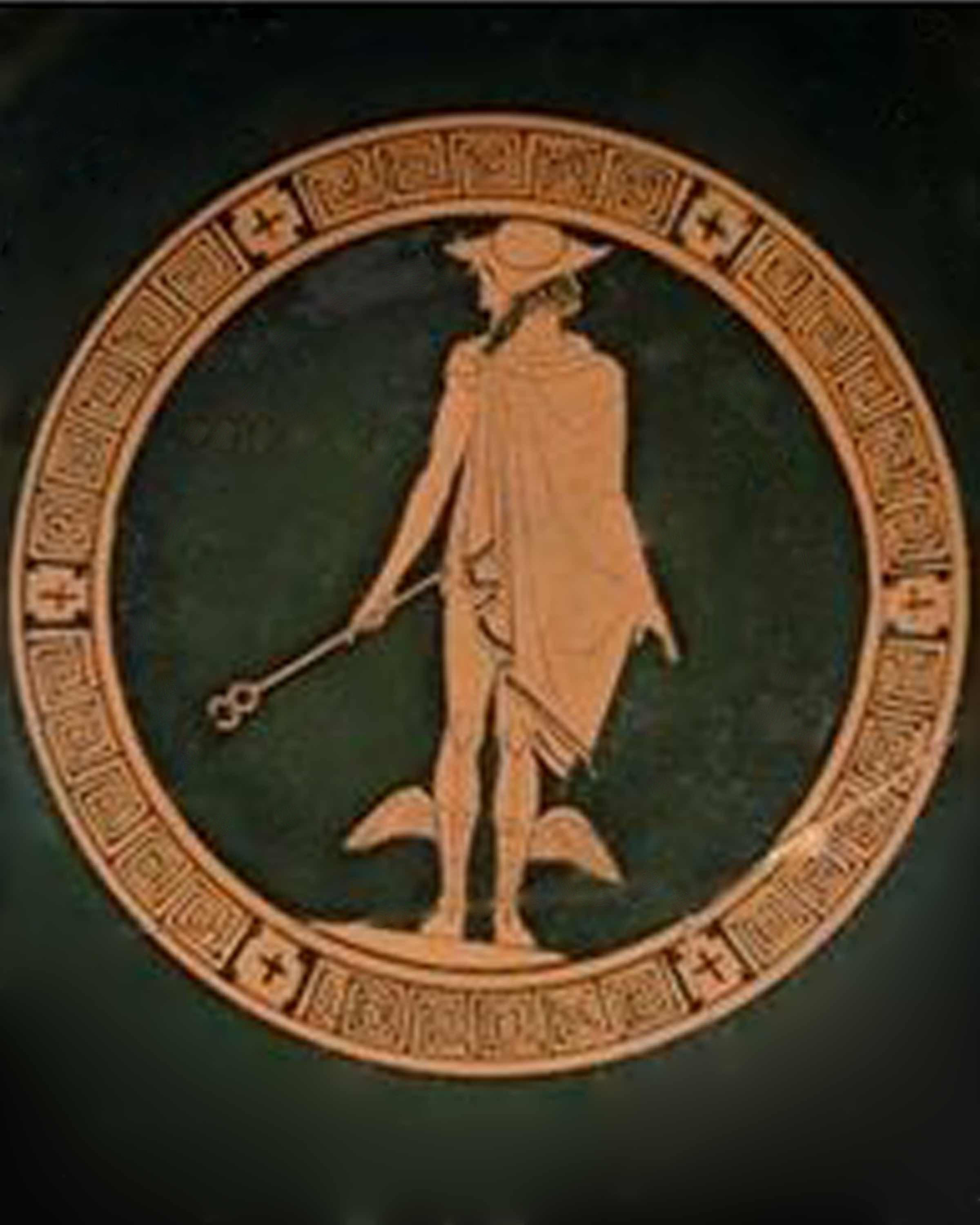Tarot: Science & Art
Tarot: Science & Art
Saturday, July 15th, 2006Tarot as a
tool of divination is in a unique period of its development.
With new tarot decks being produced, several dozen each year,
most tend to follow the general tarot tradition of 22 trumps, 16
courts, and 40 pips of the four suits, so they will be readily
adapted by tarotists. There are also decks that diverge
greatly from that pattern for reasons of either the symbolic
integrity of the system being applied or because of the artist’s
own particular vision of what the cards could do if not bound to
the traditional pattern.
Over time I went to deal with aspects of the aesthetics of tarot
cards as they come across my path. I tend to take a middle
road between reading the cards as suggested by the cards’ create
tours and also allowing the image is to evoke my own personal
associative processes of meaning. Taken together, I think
this is a fair compromise with what is possible.
All those
cards are plenty confusing. A friend of mine once years ago
wrote a book about Science and its Mirror Image. Complexity it
seems is the heart of divination systems. Unlike science, that
attempts to simplify and clarify, by experiment by control;
divination systems multiply associations endlessly. (I will
develop this theme somewhat further)
Tarot is an art. Those different card systems taken as a whole
are just different dances. When you learn to dance you
concentrate on the order of steps. Eventually, knowing the steps
you can master the dances, but many dances require new
combinations of steps. We do it because it is fun though at the
beginning it seems hard not to constantly fall down.
headline 3
insert content here
